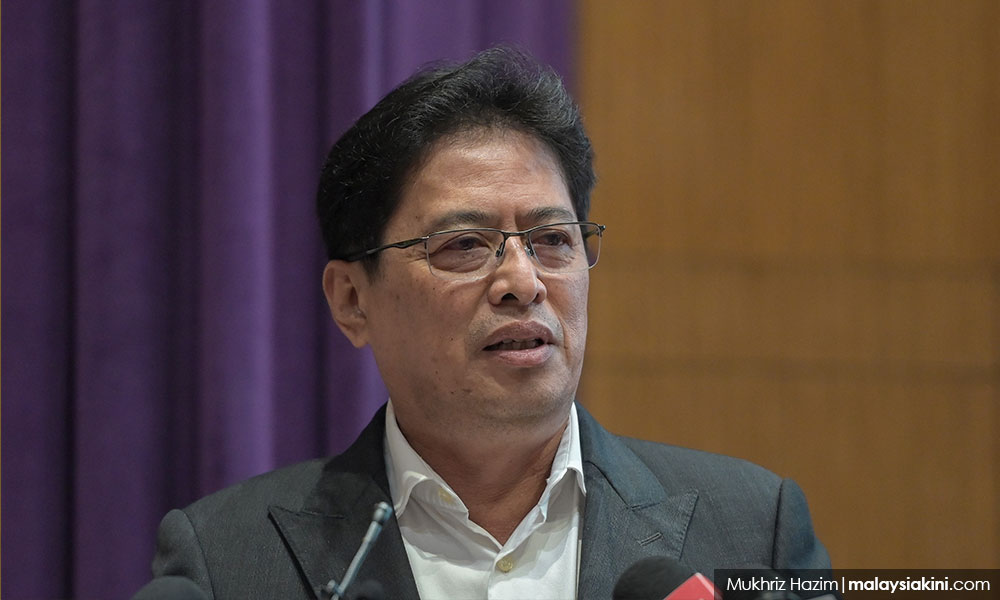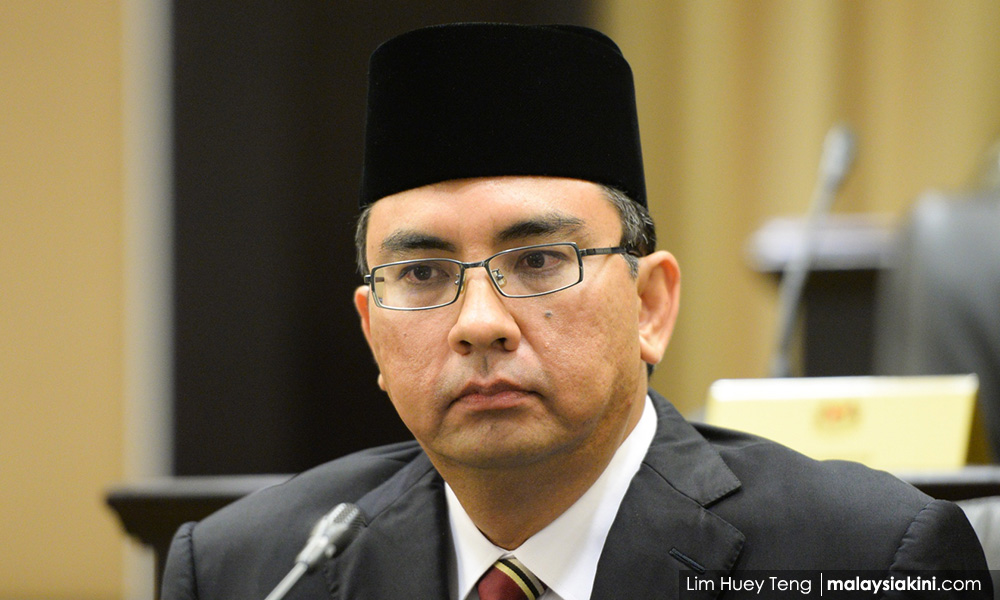Political economist Edmund Terence Gomez said it is time for the MACC to have an “arm’s length” relationship with the executive branch of the government, especially with regard to the appointments of the anti-graft agency’s top commissioners.
This comes after several prominent politicians were implicated recently when a witness testified on the Ultra Kirana Sdn Bhd (UKSB) ledger during the corruption trial of Umno president Ahmad Zahid Hamidi.
While the MACC has said it will open investigation papers into this matter after the testimony, questions have been raised as to why the agency did not do so earlier as the agency was the one that prepared the evidence and the witness.
“The fact is that the person appointing the head of the MACC is the head of the executive arm of government – in this case, the prime minister himself.
“Former prime ministers have been implicated in serious corruption scandals. These same prime ministers have been responsible for the appointment of the MACC chief.
“This seems to suggest that there is a need now to create a proper arm’s length relationship between the executive arm of government and the MACC because allegations can emerge that MACC refuses to act on certain cases because their appointments are made by people who are sitting in the executive arm of government, who themselves are implicated in these cases,” Gomez (above) explained when contacted by Malaysiakini.
He also noted that the only reason the MACC said it will now investigate the names on the UKSB ledger is that this matter is now in the public due to the Zahid case.
A recent incident that illustrated his point was the shareholdings allegation against MACC chief commissioner Azam Baki that arose in January this year, he said.

“The matter was taken up to the cabinet and the cabinet discussed this (at the time). We were told later that the cabinet discussed the ‘pros and cons’ of acting against or doing something about the allegations against Azam.
“What do they mean by pros and cons? What the government should have done was just do the right thing, which is to institute an independent investigation. But it did not,” Gomez added.
Cabinet hesitant on Azam
Now, with the revelation of the UKSB ledger, which contained code names and details of alleged payments of kickbacks made by the company to several individuals between 2014 and 2018, Gomez said it has raised questions on why the cabinet was hesitant to act against Azam back in January.
The list of names in the UKSB ledger had included sitting members of the cabinet such as Health Minister Khairy Jamaluddin and Senior Defence Minister Hishammuddin Hussein, he pointed out.
“This suggests that the cabinet was unwilling to implicate the MACC chief because they themselves may have had serious allegations pending with the MACC against them.
“Now we know from this (Zahid) court case that the MACC knew of serious allegations of impropriety at that time when this incident occurred in January.
“If you connect the people being mentioned in this case and look at what they have said in the past in relation to the MACC, you begin to realise there’s a lot more going on here,” Gomez added.

Azam came under the spotlight early this year over his shares ownership in publicly-listed companies between 2015 and 2016, raising questions about conflict of interest.
At the time he explained that the shares were bought in his name by his younger brother and that these have since been transferred to the brother.
No further action appears to have been taken against Azam over this matter, aside from a Securities Commission (SC) inquiry which concluded it was unable to establish a breach under Section 25(4) of the Securities Industry (Central Depositories) Act 1991 (Sicda) had occurred.
Gomez himself had resigned from the MACC’s Consultation and Corruption Prevention Panel over alleged inaction regarding the allegations.
Selective prosecution
Gomez also pointed to the MACC’s recent investigation into judge Mohd Nazlan Mohd Ghazali, which has been criticised as an attack on the judiciary by the Malaysian Bar, among others.

Gomez questioned why the MACC was acting against another independent institution and whether this was even necessary.
“The way in which MACC has been acting appears to indicate that on matters they should act, they are not acting whereas, on matters they need not act, they are being proactive.
“It suggests that there seems to be a case of selective prosecution, selective investigations going on. Covering for each other appears to be the case based on what we have seen so far.
“All this needs to be reviewed so that we can have a proper and functioning independent MACC,” he said.Gomez also slammed the MACC for its audacity to call the general public to speak up about corruption in the country, despite the agency itself not acting appropriately when people have come forward to expose corruption.
He pointed to what happened to whistleblower Lalitha Kunaratnam, who had exposed Azam’s history of shares ownership late last year. Azam later filed a defamation suit against her.
“MACC repeatedly asked people to come forward to speak up and yet look what happened to the people who spoke up.
“What has happened in the case of Lalitha is an example of the person who has spoken up getting sued, while the person against whom the allegation was made, continues to go about his business as if nothing has happened.
“The actions of the government, and those of the MACC itself, do not warrant making such statements. They should cease making such statements,” he said.

The government is also audacious enough to want to introduce a course on anti-corruption in local universities, he said.
“The audacity of the call by this government to force students to take such a course. Why should students take such a course when the clear indications are that this government itself does not act against serious allegations of corruption?” Gomez added. -Mkini



No comments:
Post a Comment
Note: Only a member of this blog may post a comment.